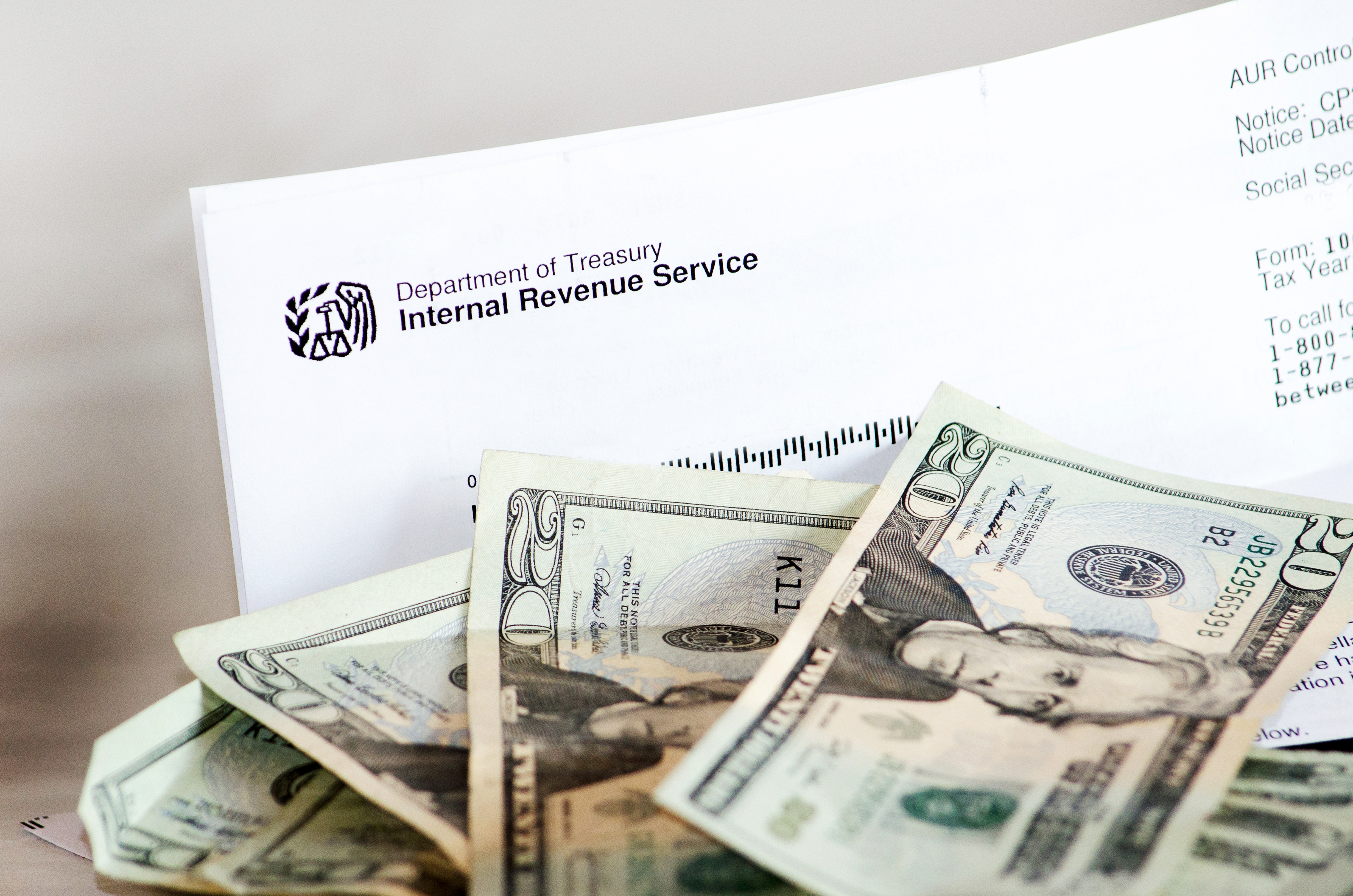LLCs are great because they are flexible when it comes to determining how you want to be taxed. You have the taxation options of taxing your LLC like a sole proprietorship, a partnership or a corporation by filing the appropriate forms with the IRS.
Let’s take a look a few of the taxation options available to you…
LLC Taxed as Sole Proprietorship
If you structure your LLC as a sole proprietorship, it will be taxed as such. This structure, also known as a single-member LLC taxed as a sole proprietorship, means any LLC taxes you incur will be directly passed on to your personal IRS tax requirements. Any taxes you owe for business-related activities would thus be due by the traditional April 15th tax deadline. However, you’d still be on the hook for estimated taxes that are incurred by all sole proprietors.
LLC Taxed as Partnership
If you have one or more members in the LLC, the taxes incurred by your LLC would also pass directly through to those partners in the business if you don’t elect a corporate tax structure. This means multimember LLCs that do not make the entity classification election would, by default, be taxed as a regular partnership. Just like with a sole proprietorship, all owners would handle their business-related taxes on their personal returns.
LLC Taxed as S Corp
Structuring an LLC to be taxed as an S Corporation is very similar to how an LLC taxed as a sole proprietorship is arranged. LLC taxation on S corps means that all taxes resulting from business activities are passed through to the personal tax obligations of an LLC’s owners. This prevents double taxation. An S corp structure allows shareholders in the business to also classify themselves as employees, which can result in some nice tax savings.
LLC Taxed as C Corp
Choosing to structure your LLC as a C Corporation can have some nice advantages that are unavailable to other LLC tax structures. LLC taxation as a C corporation means that the LLC is taxed directly as a separate business entity, and business taxes are not passed through to the owner’s personal taxes. Taxing an LLC as a C Corp can offer more tax-saving opportunities through business deductions, allowing business owners to hold onto more of their hard-earned income.
If I Do Nothing, How Will My LLC Be Taxed?
The IRS will automatically classify your LLC as either a sole proprietorship or a partnership depending on how many members (owners) the LLC has. If you are the only member in your LLC then the IRS will tax your LLC as if it were a sole proprietorship. If there is more than one member in your LLC, the IRS will treat it as a partnership.
An LLC defaults to a “pass-through entity”. Therefore, if your LLC makes $20,000 profit, you’re paying taxes on your share of that profit on your tax return. So, say your LLC has four partners with an equal share of the company. You’ll each pay the taxes on $5,000 profit. If your LLC is yours and yours alone, you’ll pay those taxes on all of that income on your 1040 tax return.
No need to navigate the legal labyrinth alone. Contact LexLaunch, and we would be happy to connect you to a CPA or other tax professional to help you make the right choice for your business.
